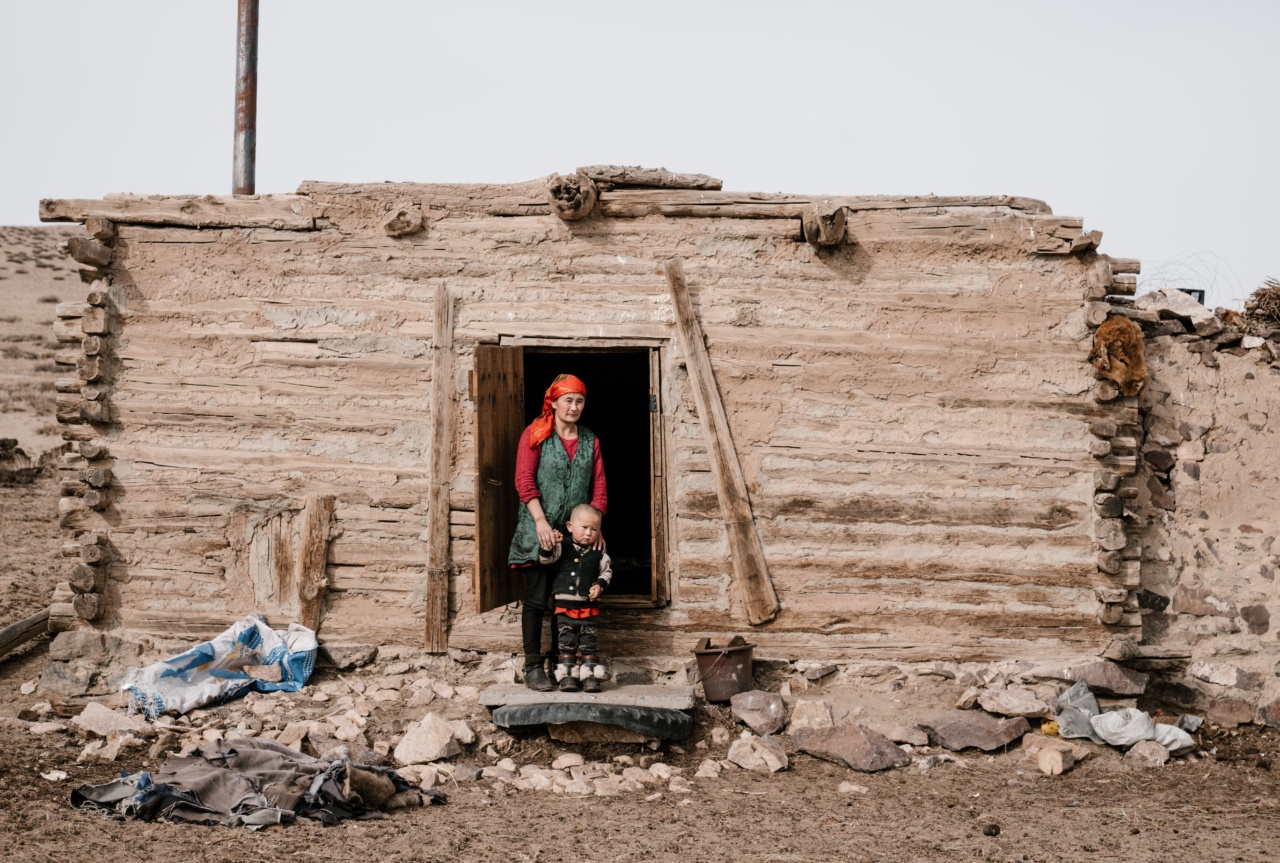Anxiety is a natural part of life that everyone experiences at some point. It is a feeling of unease, such as worry or fear, that can be triggered by various situations or events.
For children, anxiety can be particularly challenging to navigate as they may not have the language or coping mechanisms to express their emotions effectively. In this article, we will explore childhood anxieties and provide parents with some valuable insights and strategies to support their children.
Understanding Childhood Anxiety
Childhood anxiety can manifest in different ways and may vary from child to child. Some common forms of childhood anxiety include:.
- Social Anxiety: Children may experience fear or discomfort in social situations, making it challenging for them to interact with peers and engage in social activities.
- Separation Anxiety: This type of anxiety emerges when children have difficulty being away from their primary caregivers, often resulting in distress when left alone or apart from their loved ones.
- Generalized Anxiety Disorder (GAD): GAD involves excessive worry and fear about various aspects of life, such as school performance, health, or future events. Children with GAD may find it challenging to control their worries.
- Specific Phobias: Children may develop intense fears of specific objects, animals, or situations, which can lead to avoidance and distress when confronted with the feared stimuli.
Signs and Symptoms of Childhood Anxiety
Recognizing the signs and symptoms of childhood anxiety is crucial for parents to provide the necessary support. Here are some common indications that your child may be experiencing anxiety:.
- Excessive worrying or fear that disrupts everyday activities
- Frequent complaints of headaches or stomachaches without any underlying medical cause
- Irritability and restlessness
- Difficulty concentrating or completing tasks
- Sleep disturbances, such as nightmares or difficulty falling asleep
- Physical symptoms like sweating, trembling, or rapid heartbeat in anxiety-provoking situations
- Avoidance of certain places, activities, or social interactions
- Excessive need for reassurance from parents or caregivers
The Impact of Childhood Anxiety
Childhood anxiety, if left unaddressed, can have a significant impact on a child’s overall well-being and development. It can negatively affect their academic performance, social interactions, and self-esteem.
Moreover, chronic anxiety during childhood may increase the risk of developing anxiety disorders in adulthood. Therefore, early identification and intervention are vital.
How to Support Your Anxious Child
As a parent, there are several strategies you can employ to support your anxious child:.
- Open communication: Encourage your child to talk about their fears and worries. Create a safe and non-judgmental space where they can express themselves freely.
- Validate their feelings: Let your child know their feelings are valid and acknowledged. Avoid dismissing or trivializing their concerns, as this may create further anxiety.
- Establish a routine: Structure and predictability can help reduce anxiety. Establish a consistent daily routine that includes regular mealtimes, bedtime, and designated time for relaxation or play.
- Encourage problem-solving: Teach your child problem-solving techniques that empower them to confront their fears and find solutions. Help them break down big challenges into smaller, manageable steps.
- Model healthy coping mechanisms: Children often learn by observing their parents’ behaviors. Demonstrate healthy ways to cope with stress and anxiety, such as deep breathing exercises, mindfulness, or engaging in activities that bring you joy.
- Limit exposure to anxiety-provoking content: In today’s digital age, children may be exposed to distressing or overwhelming content. Monitor their media consumption and ensure they engage in age-appropriate activities.
- Encourage physical activity: Regular exercise can help reduce anxiety and promote overall well-being. Encourage your child to participate in activities they enjoy, such as dancing, biking, or team sports.
- Seek professional help: If your child’s anxiety significantly impacts their daily life or persists despite your efforts, consider seeking professional help. A qualified mental health professional can provide specialized interventions tailored to your child’s needs.
Conclusion
Childhood anxieties are a common and natural part of development.
By understanding the different forms of childhood anxiety, recognizing the signs and symptoms, and implementing appropriate strategies, parents can effectively support their anxious children. Open communication, validation, routine, problem-solving, modeling healthy coping mechanisms, and seeking professional help when required are crucial steps in helping children navigate and overcome their anxieties.






























